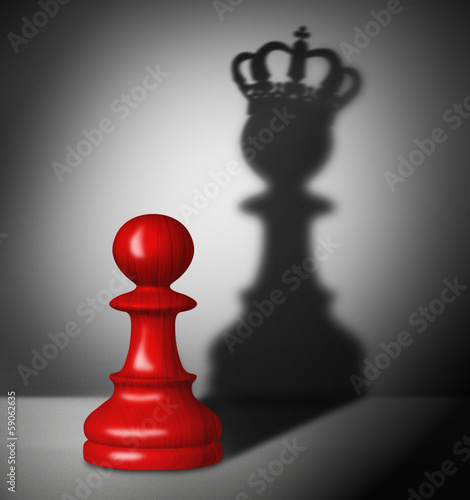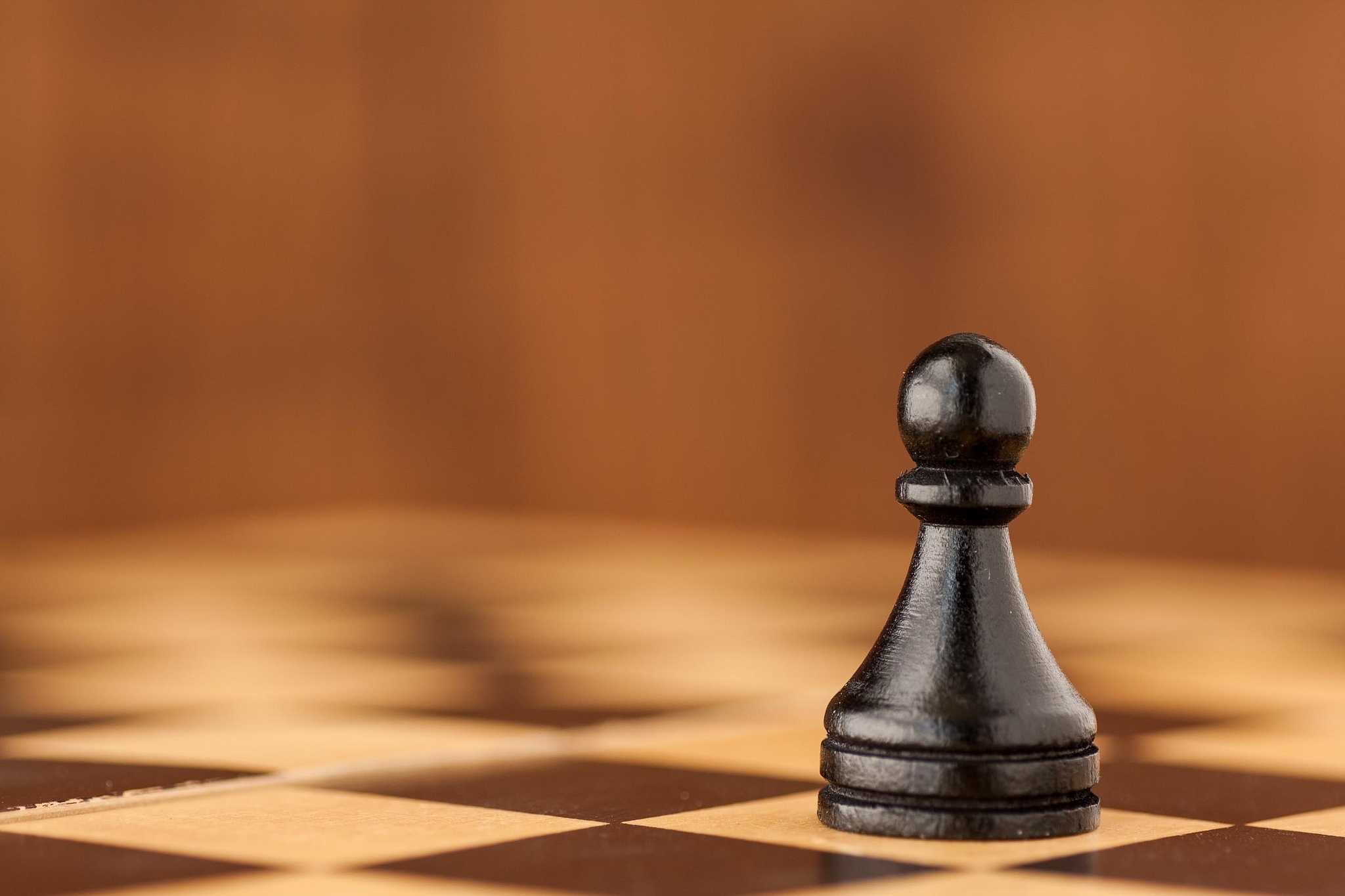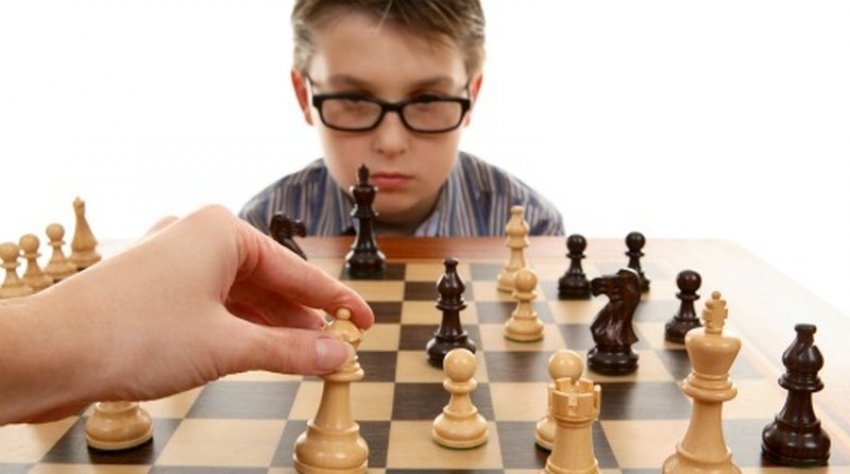Chess Psychology
Data: 4.09.2017 / Rating: 4.6 / Views: 792Gallery of Video:
Gallery of Images:
Chess Psychology
Psychology is an integral element of chess. To win a game (tournament, match) one needs to be strong not only in chess, but in the psychological sense as well. Every chess player can recall moments when heshe could not recover from a terrible loss (or draw) and kept losing points in other rounds. Winning with Chess Psychology [Pal Benko, Burt Hochberg on Amazon. FREE shipping on qualifying offers. Perception, Memory and Visualization: The Psychology of Chess covers the chunking theory, blindfold chess, seminal works, and applications in psychology. Chess is a challenging game that requires great mental effort to succeed in at the higher levels. To make sense of the people who play this perplexing game, nonchess players can use shortcuts to make. That is part of what I like in chess: it is psychological warfare at the board. Magnus Carlsen during an interview with the BBC, March 2013. Psychology is an integral element of chess. To win a game (tournament, match) one needs to be strong not only in chess, but in the psychological sense as well. Every chess player can recall moments when heshe could not recover from a terrible loss (or draw) and kept losing points in other rounds. Chess is a twoplayer strategy board game played on a chessboard, a checkered gameboard with 64 squares arranged in an eightbyeight grid. Chess is played by millions of people worldwide, both amateurs and professionals. May 24, 2013ebook and full details available here: That is part of what I like in chess: it is psychological warfare at the. Top 10 Tips to Become a Better Chess Player. Chess Psychology delves back into history to examine how this concept has developed, before presenting a dazzling array of brilliant games from the past few decades Sep 04, 2011This video demonstrates the fundamental difference in how one plays a game of Chess, which depends entirely on how shehe is thinking during the game. How to Play Chess Chess Psychology: The Will to Win! ( ) by William Stewart The Paperback of the Chess Psychology: The Will to Win! by William Stewart at Barnes Noble. How can the answer be improved. Pal Benko's Winning Chess Psychology PDF. What is the most sensible movement? person who will disturb your opponant the main. despite your enjoying power, chess. Chess expertise changes the brain in a surprising way. Chess Psychology delves back into history to examine how this concept has developed, before presenting a dazzling array of brilliant games from the past few decades Dr. Fernand Gobet is a professor of Cognitive Psychology and an International Master. He is a former Swiss Junior Champion and Swiss Champion, and was coeditor of. Chess Psychology delves back into history to examine how this concept has developed, before presenting a dazzling array of brilliant games from the past few decades How to Use Psychology to Win Chess Games. The great thing about playing chess against a human as opposed to a computer is the psychological factor. Chess Psychology delves back into history to examine how this concept has developed, before presenting a dazzling array of brilliant games from the past few decades Decision making is at the centre of psychology, neuroscience, economics and, of course, chess. Listening to the heart of chess players while they play, blunder. Psychology is, perhaps, the most important aspect of chess. A coach or mentor can go over the positions and tell you if the move are good or bad. More results Exact matches only. The Polgar Chess University Mega Bundle 569. Are there any psychological tricks that can be used in chess to throw off an opponent regardless of rating? It also does not matter if it is the opening, middle, or. Blindfold chess Wikipedia
Related Images:
- Diversidad de rotiferos en mexico pdf
- IMA870S driverzip
- Utente sconosciutopdf
- Epson Aculaser Cx16nf Driver Windows 7zip
- Paces for the MRCP
- Macao et Cosmage ou Lexpence du bonheurpdf
- Sony Rdr Hx510 Dvd Recorder Service Manual
- Gateaux en un tour de mainepub
- Nuance dragon naturallyspeaking premium 13 download
- Privacyandcctvprivacycommissioner
- Periodic Table Basics Worksheet Answer Key Ttrimpe
- Driver Dku 5 USB Uart Nokiazip
- Rapsody Laila s Wisdom
- Driver Olidata Laptops zip
- Quanno nascette ninno testo frisina
- Icloud bypass
- Lorenzo Silva La Marca Del Meridiano Epub Gratis
- New Nelson JapaneseEnglish Character Dictionary
- Chimica Fisica Zanichelli Pdf
- Amtlibdll Crack Premiere Pro Cc
- Terjemahan kitab al hikam
- Vax Rapide Carpet Washer User Manuals
- Setangkai Melati di Sayap Jibrilpdf
- Adobe illustrator cc shortcut cheatsheet
- Libro De Ciencias Naturales 7 Basico Pdf
- Kendrick Lamar Itunes Discography
- Daily Telegraph Guide to Funerals and Bereavement
- Piaggio Vespa Lx 50 Owner Manual
- Developing New Homes In St Catharines Niagara On The
- Appalti e contrattiepub
- Pdf Generation In Android Example
- Doug Polk Advanced HU Mastery
- Terjemah Ushul Fiqih Abdul Wahab Khalaf Pdf
- Verona e il lago di Gardaepub
- Logitech bluetooth wireless hub driver
- 8th Grade Math Questions And Answers
- Gaza A History
- Xone 4d ableton mapping download
- Army machinist manual document
- Icd10cm Expert For Hospitals
- Service Manuals Kenwood Tr 7800 Radio
- Brzo Ucenje Pdf
- Public Affairs of the Nation and New York
- ADVANCED OXIDATION HANDBOOKPDF
- Practicalsqlskillsfromintermediatetoadvanced
- Basic Physiology for Anaesthetists
- Cografiya Test Cavablari 8 Ci Sinif
- Direct warezApplian Replay Media Splitter
- Pl2303 USB Driver Windows 7zip
- Marketing Test Bank Chapter 3
- Giorni di tuono
- La navigation aerienneepub
- Service Manuals For Keurig Coffee Maker
- De digitale schaduwepub
- Physics Lab Manuals Loyd 4th Edition
- Salvare le cittaepub
- Driver Acer P195hqlzip
- Ali USB
- Jvc Kd V11 Service Manuals
- David Archuleta Discography
- Underbar och alskad av alla Film Streaming
- The Faces
- Richard branson interview
- Lab Rat One Touchstone 2
- Ansys Thermal Electric Analysis Tutorial
- Mifare offline cracker gui windows news
- John Deere 750 Dozer Hydraulic Oil
- JMC2Obj R 236
- Scheda allenamento pettorali
- Warhammer 8Th Edition Army Sheet
- Mcclelland theory of needs strengths and weaknesses
- Leadership on java gentle hints authoritarian rule
- Hannstar j mv 4 94v 0 pdf
- Manual Eir Cto 6 Edicion











